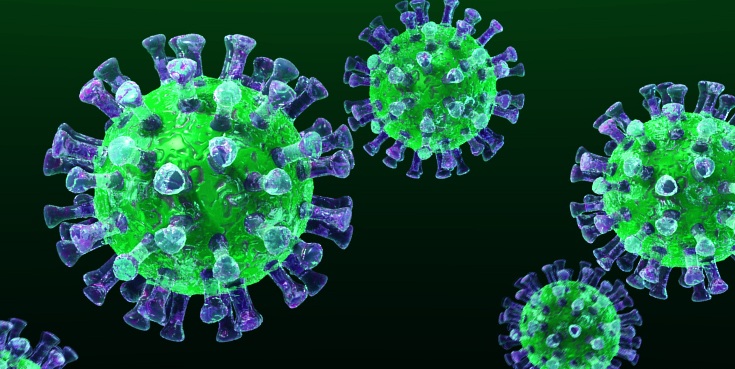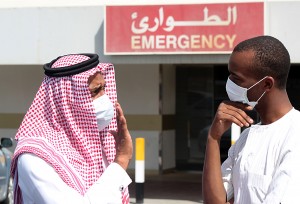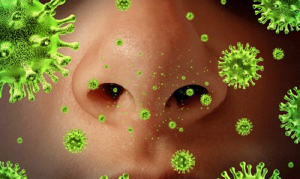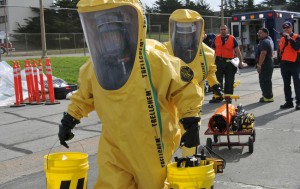

Middle East respiratory Syndrome or MERS refers to a respiratory disease that is a viral disease. This particular disease is a cause of coronavirus. It was identified in the year 2012 in Saudi Arabia. MERS is quite different from other coronavirus disease. Coronavirus belongs to a family of viruses that results in a number of diseases such as a cold and SARS.
The exact cause and origin of the virus is still unknown. However, it is predicted that an animal can spread the disease. The virus is not only found in humans, but in camels as well as in other animals as well. Some people become affected by the virus when they come in contact with a camel suffering from the disease.
Still a lot is unknown about the exact cause of the MERS disease. The role that the animals and camels play in the MERS-CoV disease is also unidentified. Often a question is raised about the transmission of the virus. Nevertheless, not much is known about it.
The reported symptoms of MERS are cough, shortness of breath and fever. Pneumonia and gastrointestinal symptoms are also reported when patients are examined for the disease. Patients also suffer from respiratory failures that entail mechanical ventilation and support in ICU. People suffering from MERS are at a high risk of kidney failure. MERS causes several serious diseases in people with a weak immune system, people suffering from chronic diseases and old people.

So far, MERS has been reported in the following countries of Kuwait, Iran, Oman, Lebanon, Saudi Arabia, Yemen, United Arab Emirates, France, Greece, Germany, Italy, Jordan, Austria, Netherlands, Turkey, United Kingdom, Algeria, Egypt, Malaysia, China, Tunisia, Philippines, Republic of Korea and United States of America.
About 30% of the people die due to MERS disease. Older adults are at a high risk of MERS-CoV virus. MERS-CoV does not spread as readily as the common cold. It is transmitted to people who are in close contact with the infected person.
There is no vaccine to prevent the virus. However, the chances of its occurrence can be reduced by practicing a healthy lifestyle and good health. One can take the following measures to reduce the chances of the MERS-CoV virus.

5 Easy Tips to protect you from MERS-CoV Disease
- Washing hands properly with soap and water for about 20 seconds.
- Cover the mouth and nose with a clean napkin or tissue paper. A better option is using a tissue paper. It should be thrown away immediately after use. Wash your hands after you sneeze to ensure cleanliness.
- Make sure that areas like doorknobs and other frequently touched surfaces are disinfected.
- Do not touch your mouth, nose and face with dirty or unwashed hands.
- Never share a glass, cup or food with a sick person.
If in doubt of experiencing symptoms such as shortness of breath and cough within 14 days of travelling to a new country, contact the healthcare provider. In case of a close contact with the infected person, travelling from the area of Saudi Arabia or from the areas near Saudi Arabia, get yourself tested for the MERS-CoV virus.



Write a comment: